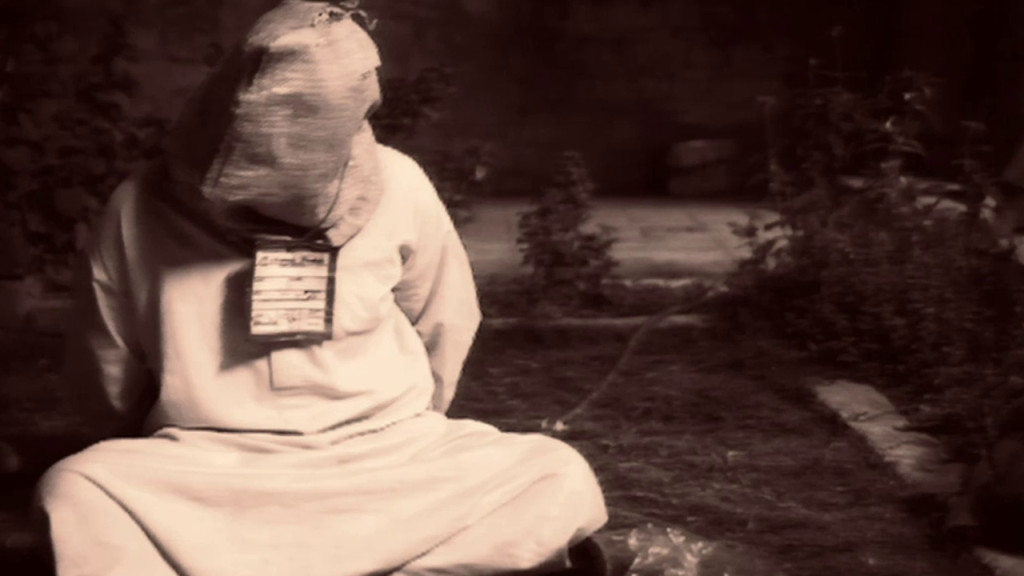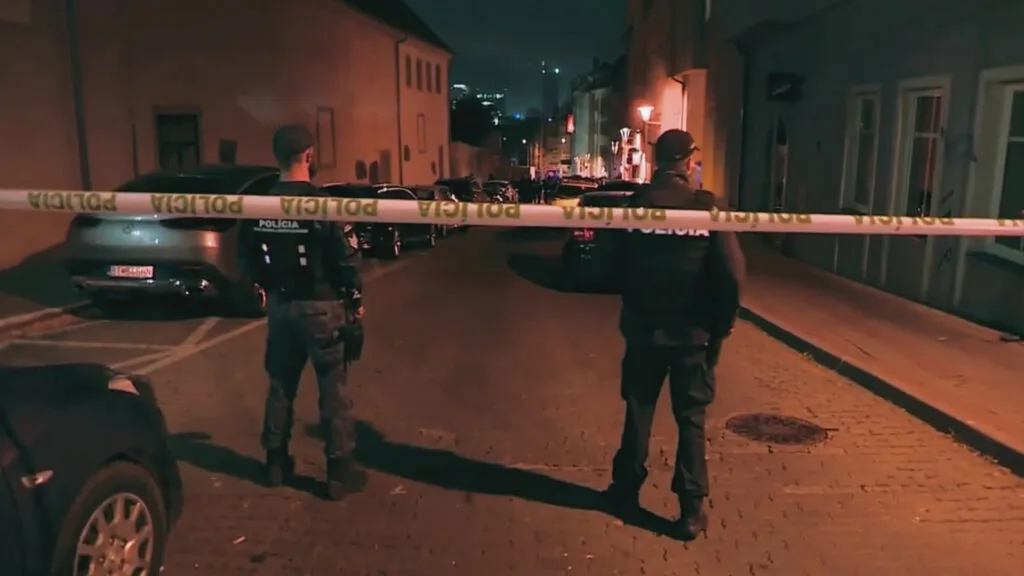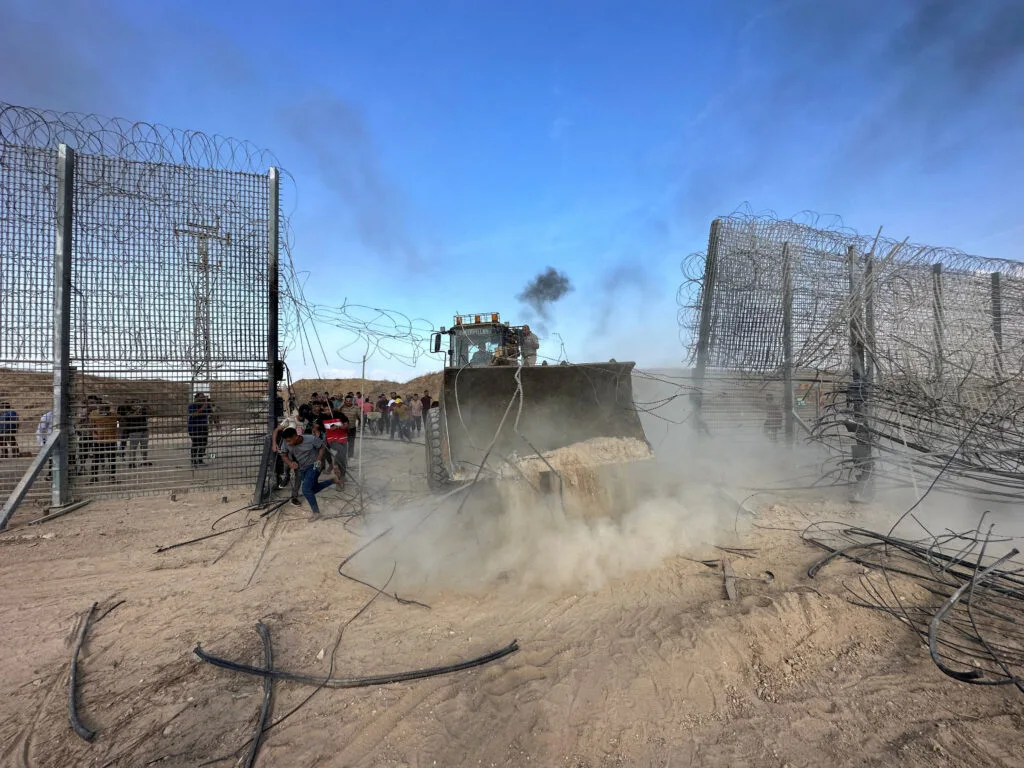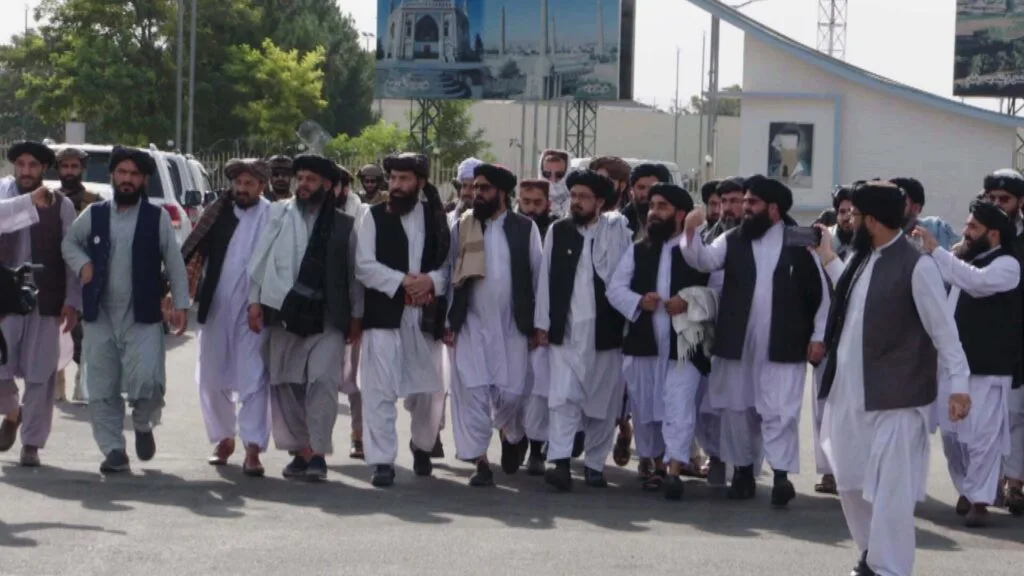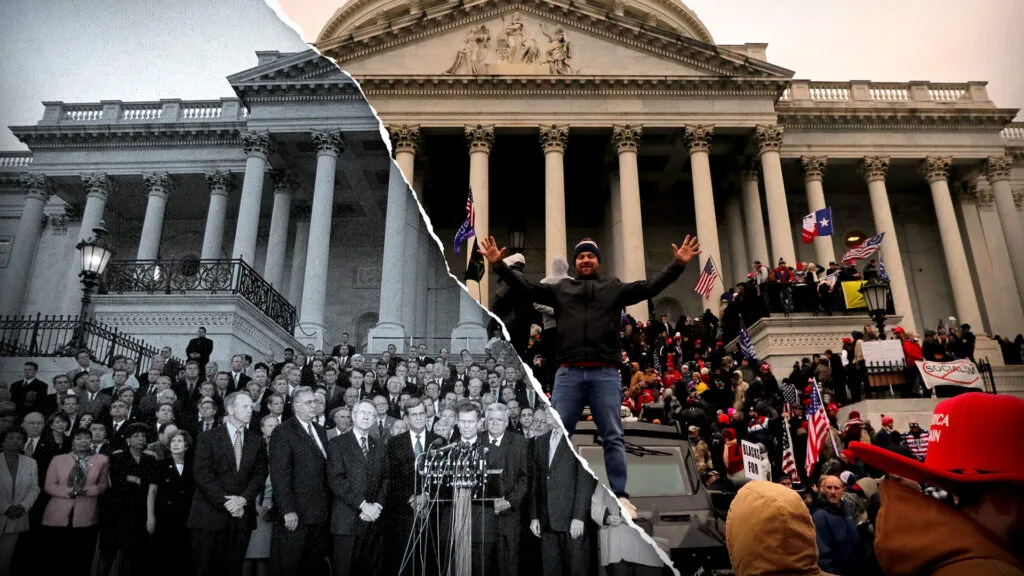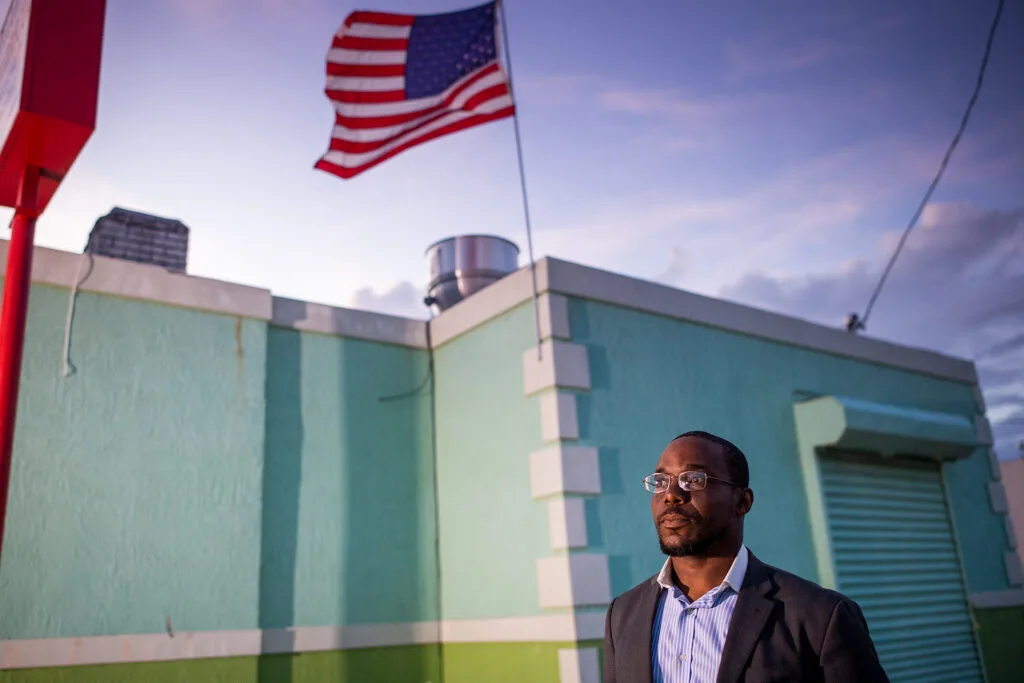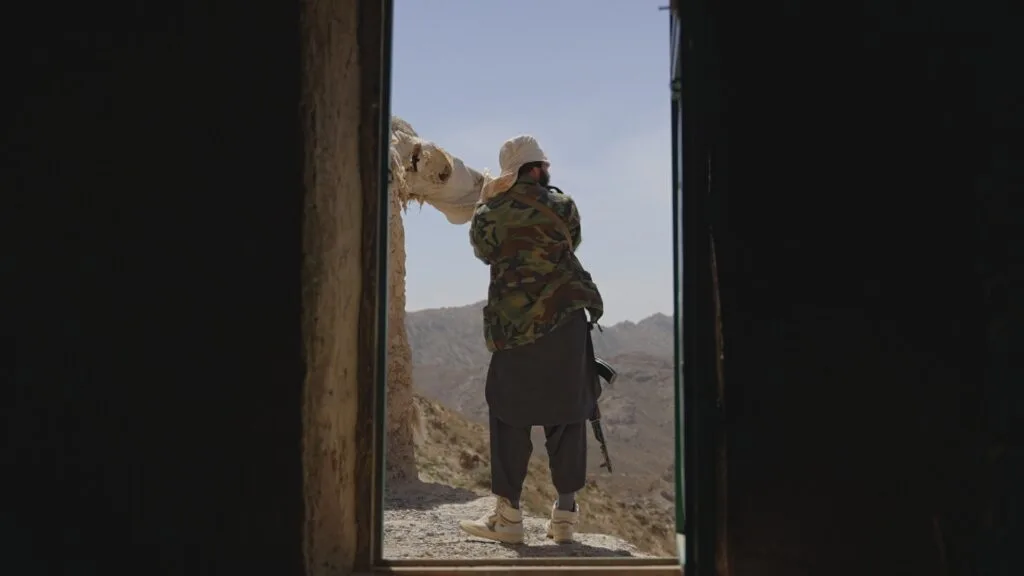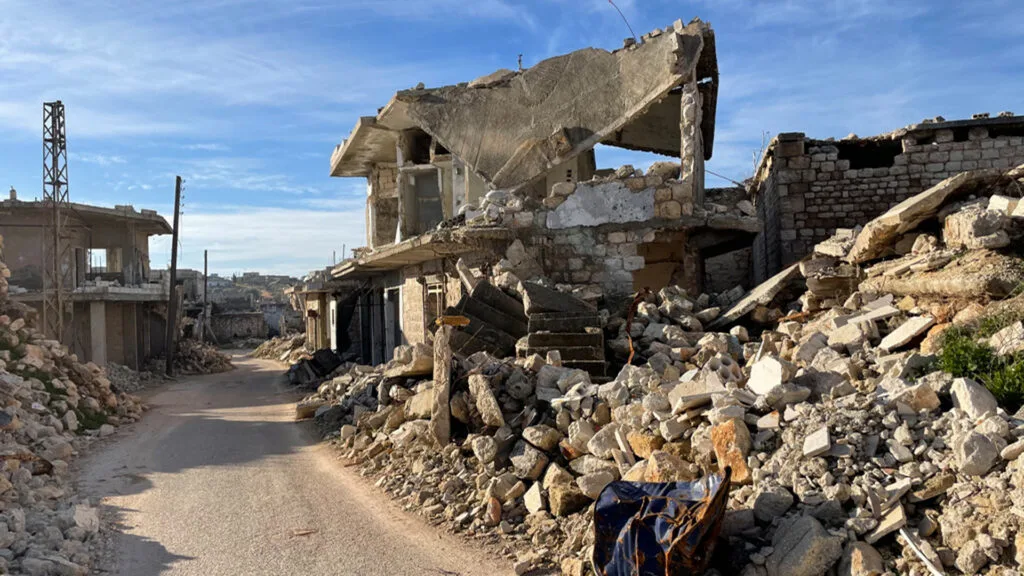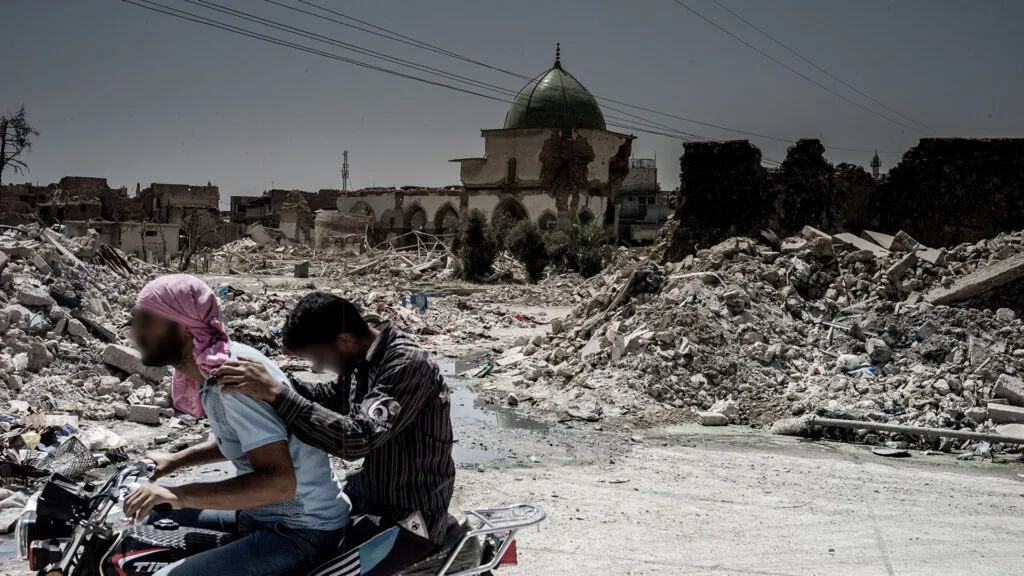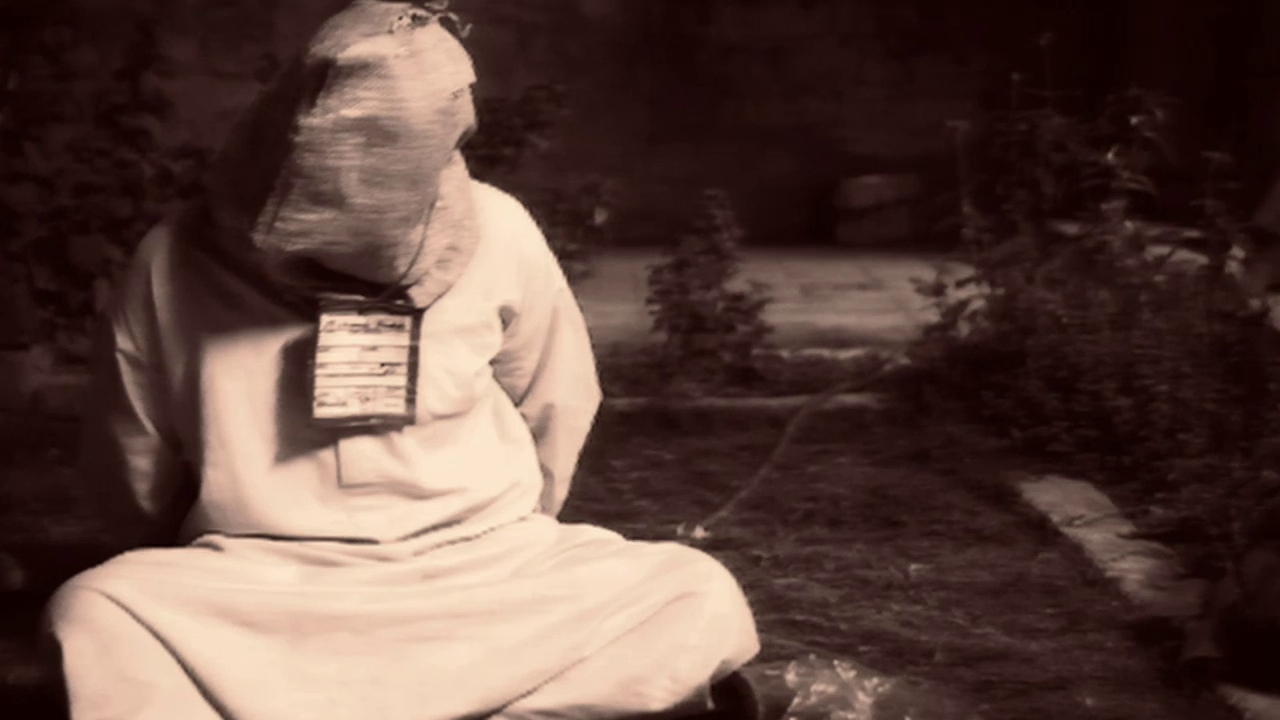ICC Prosecutor Says U.S. May Have Committed War Crimes in Afghanistan
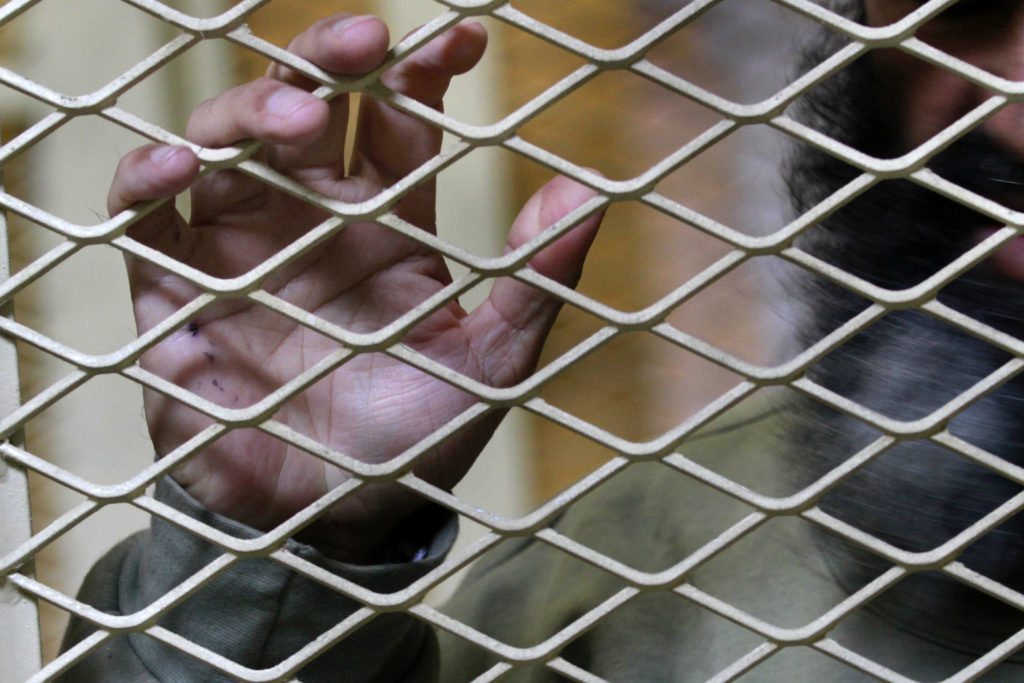
November 16, 2016
Share
The CIA and U.S. armed forces may have committed war crimes — including torture — in Afghanistan, the International Criminal Court’s prosecutor said in a report released on Monday.
While the court’s chief prosecutor, Fatou Bensouda, has yet to announce a full-fledged investigation, the report raises the prospect that Americans may be indicted by the ICC at the Hague. The court said there is a “reasonable basis to believe” that between 2002 and 2014, American forces and CIA officers subjected at least 88 detainees to techniques that amounted to war crimes, including “torture, cruel treatment, outrages upon personal dignity, and rape.” Most of the abuses were alleged to have taken place between 2003 and 2004 in Afghanistan and CIA black sites in Poland, Lithuania and Romania.
“The infliction of ‘enhanced interrogation techniques,’ applied cumulatively and in combination with each other over a prolonged period of time, would have caused serious physical and psychological injury to the victims,” the ICC report said. “The gravity of the alleged crimes is increased by the fact that they were reportedly committed pursuant to plans or policies approved at senior levels of the U.S. government, following careful and extensive deliberations.”
The U.S. government doesn’t believe an ICC investigation is “warranted or appropriate,” State Department spokeswoman Elizabeth Trudeau said, according to the Associated Press. “The United States is deeply committed to complying with the law of war, and we have a robust national system of investigation and accountability that more than meets international standards.”
The ICC prosecutes individuals for war crimes, crimes against humanity and genocide. However, its jurisdiction is limited to crimes committed in the 123 countries that are members of the court. The United States is not a party to the court, but Americans could still face prosecution if the court determines that crimes were committed within the territory of one its member nations, such as Afghanistan.
Monday’s report also enumerated alleged abuses carried out by the Taliban and Afghan government forces. Bensouda said the Taliban and its affiliates committed war crimes and crimes against humanity, including murder, imprisonment, intentionally directing attacks against civilian targets, and enlisting children in combat. The government’s forces engaged in torture, cruel treatment and outrages upon personal dignity when dealing with conflict-related detainees, according to Bensouda.
In order for the court to move toward a full-fledged investigation, the case would have to meet several criteria, according to Carrie Comer, a permanent representative to the ICC for the International Federation of Human Rights. First, there has to be a reasonable basis to believe that war crimes, crimes against humanity or crimes of genocide have been committed. The prosector must also determine that there was never a credible investigation or prosecution of those responsible for the alleged crimes.
Under the Obama administration, the Justice Department investigated and ruled out prosecutions for alleged abuses committed against detainees, and for the deaths of two prisoners in custody, one of them in Afghanistan. The ICC report noted these investigations and said it would seek further clarification on their scope before reaching a determination.
If an investigation is approved by the court, the United States has no obligation to cooperate because it’s not a member of the ICC. However, Comer said that issuing an international arrest warrant would mean that the wanted individual could potentially be arrested if they traveled to any country that’s a member of the ICC.
“It’s very difficult to get jurisdiction over crimes committed by U.S. citizens,” Comer said. “However, it’s a really important move that the ICC is stepping up and saying, ‘This might be difficult, but if these crimes have been committed, if the responsible parties are U.S. citizens and they did it on Afghan territory, we will not falter. We will continue with the investigation, and we will do things according to the law.'”
The ICC report follows a grueling U.S. election season in which now President-elect Donald Trump voiced support for some of the most aggressive and controversial counterterror policies embraced during the administration of George W. Bush — most notably, the use of waterboarding.
The policies were developed in the immediate aftermath of the 9/11 attacks, but as former top CIA lawyer John Rizzo told FRONTLINE in the 2015 documentary Secrets, Politics and Torture, “I immediately recognized that this had big-time trouble for CIA written all over it. I didn’t know when, I didn’t know how.” Added Rizzo, “I fully realized that either way, some day, somehow, we would be screwed.”
In 2009, President Barack Obama signed an executive order banning the use of torture, but on the campaign trail, Trump said that he would reinstate waterboarding — which he has called a “minor form” of interrogation — and “so much worse.”
“Don’t tell me it doesn’t work — torture works,” Trump was quoted as saying in February by The Washington Post. “Okay, folks? Torture — you know, half these guys [say]: ‘Torture doesn’t work.’ Believe me, it works.”
A 2014 investigation by the Senate Intelligence Committee found the CIA’s “enhanced interrogation” techniques were not only ineffective but, in some cases, were detrimental to national security.
Comer noted that the ICC’s report on Afghanistan has been going on for many years, so the timing of the announcement had nothing to do with the political situation in the U.S. “However, that being said I personally would hope that an investigation into alleged war crimes committed by U.S. citizens overseas would send a strong deterrent message to any U.S. political authorities and military authorities moving forward,” she said. “Only by recognizing the illegality of these actions on the international stage can we ever hope to deter their future commission.”

Related Documentaries
Latest Documentaries
Related Stories
Related Stories
Explore
Policies
Teacher Center
Funding for FRONTLINE is provided through the support of PBS viewers and by the Corporation for Public Broadcasting, with major support from Ford Foundation. Additional funding is provided the Abrams Foundation, Park Foundation, John D. and Catherine T. MacArthur Foundation, Heising-Simons Foundation, and the FRONTLINE Trust, with major support from Jon and Jo Ann Hagler on behalf of the Jon L. Hagler Foundation, and additional support from Koo and Patricia Yuen. FRONTLINE is a registered trademark of WGBH Educational Foundation. Web Site Copyright ©1995-2025 WGBH Educational Foundation. PBS is a 501(c)(3) not-for-profit organization.
